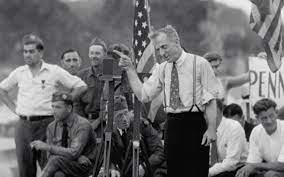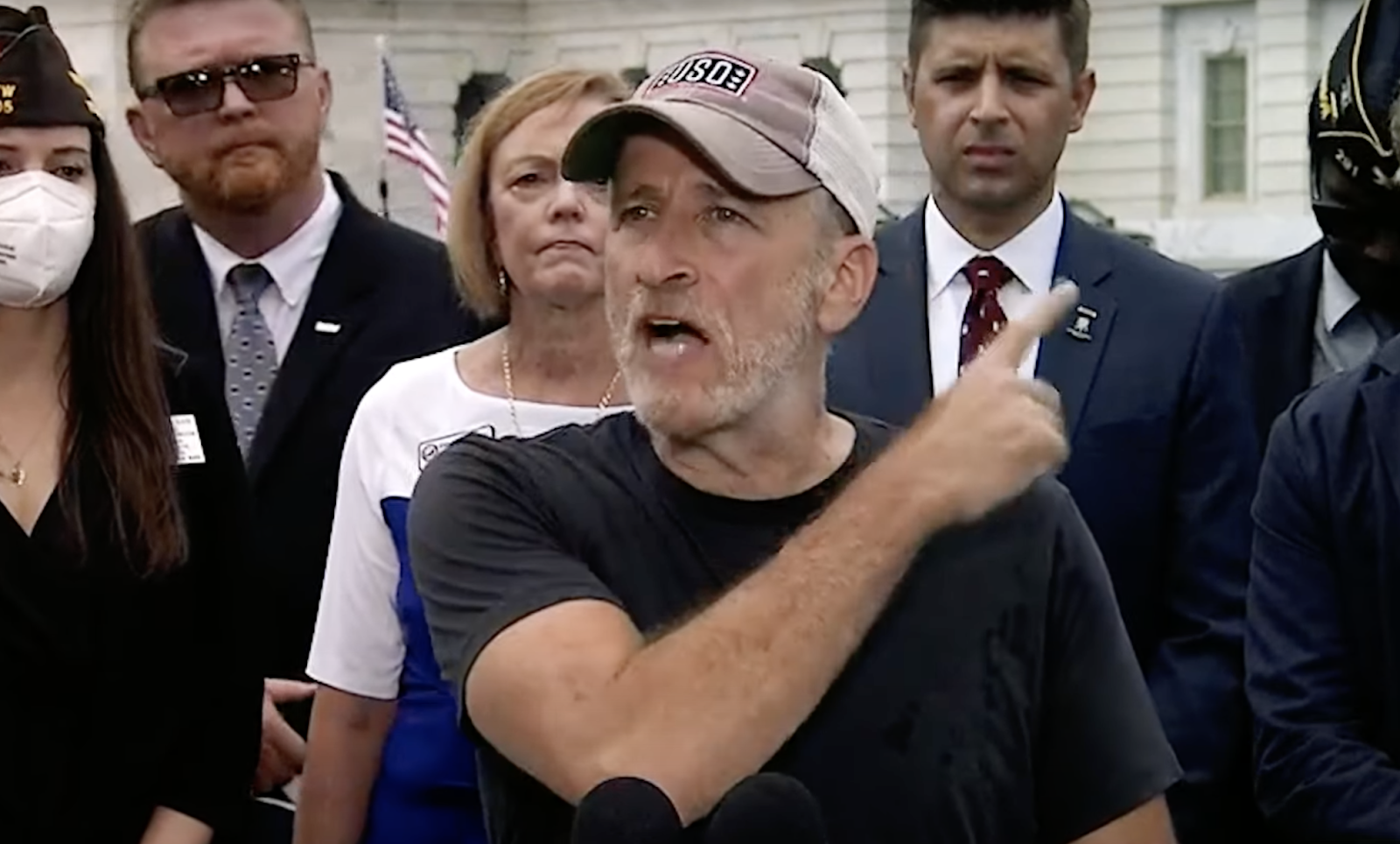Review by Bill Doughty––
“Gangsters of Capitalism: Smedley Butler, the Marines, and the Making and Breaking of America’s Empire” by Jonathan M. Katz (St. Martin’s, 2021) shows why we need to study history as it was, not as we want it to be.
This book toggles between the past and present as award-winning journalist Jonathan M. Katz follows the path of Smedley Butler, United States Marine, a twice-awarded recipient of the Medal of Honor. He fought in China, Cuba, Haiti, Nicaragua, and Philippines; spied for the Navy in Mexico; and he served in World War I in France.
Along the way, he helped oversee building and protecting the Panama Canal, which was envisioned by Alfred Thayer Mahan and Theodore Roosevelt. As a young Marine officer, Butler had been ordered to dig a much smaller canal across a tiny isthmus on the island of Culebra in the Caribbean.
“On a sweltering day in December 1902, Smedley Butler was standing waist-deep in a watery ditch. He dunked his shovel into the mud. Mosquitoes darted across the rust-colored ripples. Their bites itched like poison. He couldn’t decide what he hated more: this marshy hell, the solid rock his unit had to ship through he day before, or the admiral whose idea it had been to build this stupid canal in the first place.”
Katz’s superb writing is illuminated by the author’s access to Butler family letters and by his extensive travels in the footsteps of Smedley Butler.
Katz provides relevance and context in his visits to battlefields in Cuba with Public Affairs Officer MCC Barbara Meeks, to war-torn regions in China and the Philippines, and to the Marine Corps museum at Quantico, Virginia, as just a few examples.
We get some of the richest reporting and historical connections when Katz returns to Haiti. He lived there for several years and was there for the devastating earthquake of 2010. (Katz is also author of “The Big Truck That Went By” about the earthquake and humanitarian response.)
“Gangsters of Capitalism” opens with a Haitian proverb as the book’s epigraph, which also happens to be a found haiku:
...one who deals the blow
forgets. The one who carries
the scar remembers
Butler developed trust and confidence with local people in Haiti, those who would “remember.”
While he and his Marines could be ruthless in combat, their power could be tempered with diplomacy and paternalistic compassion.
“Butler’s insights became the key to securing America’s imperial foothold in Haiti. Though Butler did not realize it at the time, he was helping invent a new approach to warfare. It would eventually be dubbed counterinsurgency: the combination of military, political, and psychological method employed by an occupying power with the goal of holistically defeating an armed resistance.”
The method would be fine-tuned as counterinsurgency doctrine: COIN.
 |
| Smedley Butler |
The book reads like a Netflix series, each chapter an episode leaving readers hungry for the next. China might take more than one episode. Same for the Philippines. Central America could be a whole season itself.
If read chronologically, “Gangsters” shows Butler’s evolution from warrior for corporations to warrior for peace. He came to see imperialism and fascism overseas return to American shores as authoritarianism and nationalism at home. He foresaw the coming of another World War in a final eruption of colonialism and revanchist expansionism.
“Butler could not see the irony: that the imperialism he had helped foster was a direct catalyst of the World War. The conflict erupted in 1914 as a fight between empires: Germany and Austria-Hungary on one side; Britain, France, and Russia on the other. All had spent decades in a complex global struggle for colonies, resources, and prestige –– a struggle that the Americans (and Butler personally) had been parties to. The older empires, especially the British, were filled with anxiety over new competitors to their global supremacy. The Germans, as the United States’ fellow latecomers to global expansion, were reading Alfred Thayer Mahan’s tracts on sea power and empire when they declared: ‘We demand a place for ourselves in the sun.’…
Butler foresaw another war coming out of the Great War and out of the era of great empire (an era Putin's Russia seems to aspire to in 2022).
“…It was not a fight over a particular colony or sea lane that sparked the cataclysm into which millions of American families were now sending their sons, but imperial arrogance, mistrust, and the accelerating war machines that made those empires run.”
In the last ten years of his life, Butler fought against imperialism and tyranny, according to Katz, where the primary beneficiaries of authoritarianism and tyranny were banks, businesses, big oil, and bought-and-paid for politicians. His support for Bonus Marchers in Washington is recounted in a previous Navy Reads review.
Because he was loved and trusted by Veterans, an attempt was made to recruit Butler in 1934 to help set up a Fascist dictatorship in the United States, subverting the will of voters. The proposal was allegedly funded by a shadowy group backed by big business and the American Liberty League. Butler reported the coup proposal to Congress. But –– unlike the current Select Committee’s hearings into the January 6, 2021 insurrection –– a full investigation was not conducted.
A YouTube interview with Katz by “Democracy Now!” (below) features a clip of retired Major General Smedley Butler, who talks about why he reported the coup attempt: “My main interest in all this is to preserve our democratic institution. I want to retain the right to vote, the right to speak freely, and the right to write,” Butler proclaims.
YouTubers can find a longer conversation with the author on the Marines Memorial Club.
Katz writes to help readers understand history “as it was” and accept the reality of past mistakes in order to prevent history from repeating.
 |
| Butler speaks to Veterans July 19, 1939 –– ninety years ago this month. |
Interestingly, after retiring from the Marine Corps, Butler campaigned unsuccessfully for the Senate as a Republican from Pennsylvania.
This week, Pennsylvania Republican Senator Patrick Toomey led 40 other Republicans in voting down PACT burn pit legislation that would help wounded Veterans. The Promise to Address Comprehensive Toxics Act includes the "Camp Lejeune Justice Act" to help Marines and families.
 |
| John Stewart speaks for Veterans July 28, 2022. |
Navy readers will also be fascinated by Katz’s take on Mahan; Secretary of the Navy Josephus Daniels; Gen. Joseph H. Pendleton; Roger Leslie Farnum; Jose “Pepe” Azueta; Chiang Kai-shek; Gen. John Lejeune; and Commanders in Chief William McKinley, Theodore Roosevelt, William Howard Taft, Woodrow Wilson, Herbert Hoover,Franklin Delano Roosevelt, George H. W. Bush, and Donald J. Trump.


No comments:
Post a Comment